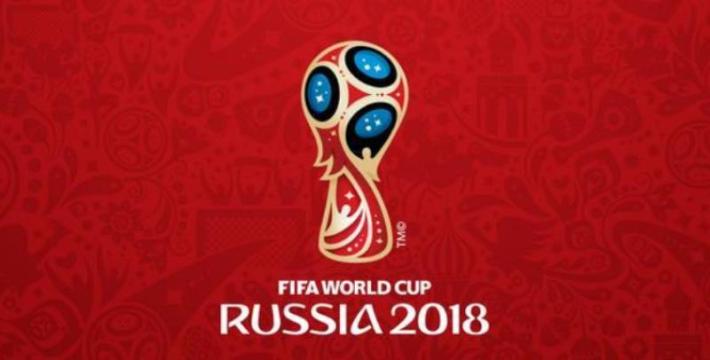2018 World Cup Boycott? David Bernstein Calls for UEFA-Led Protest Against FIFA
The specter of a boycott of the 2018 FIFA World Cup in Russia has reemerged — this time raised by David Bernstein, former president of the English Football Association. In a bold interview with the BBC, Bernstein urged major European football powers to consider withdrawing from the tournament unless sweeping reforms take place within FIFA, including the departure of Sepp Blatter.
“England alone cannot have influence… But if UEFA stands together — Germany, Spain, Italy, France, the Netherlands — they have the power to act. You can’t have a World Cup without them,” he said.
⚠️ A Call for Action, Not Words
Bernstein’s frustration centers on FIFA’s long-criticized governance and the opaque selection process that awarded Russia the 2018 and Qatar the 2022 World Cups. Allegations of corruption, vote-buying, and political interference continue to tarnish the organization’s image.
“At a certain point, you have to lead by example, stop talking and do something,” Bernstein added, expressing impatience with symbolic gestures in place of structural change.
🏴 England’s Grudge with FIFA
England’s failed bid for the 2018 World Cup still stings. Despite high expectations and support from figures like Prince William and David Beckham, England received just two votes. Accusations of bias and malpractice have lingered ever since.
This boycott call echoes broader discontent — not only with FIFA’s political entanglements but also with concerns over human rights issues in host countries, particularly regarding Russia’s domestic policies and Qatar’s labor practices.
🧊 Historical Precedent and Political Paralysis
While the Sochi 2014 Winter Olympics went ahead despite calls to boycott over Russia’s anti-LGBTQ+ legislation, a FIFA World Cup is a vastly different sporting and political juggernaut. A UEFA-led boycott, as Bernstein suggests, would require rare unity — and willingness to risk billions in broadcast rights, sponsorships, and prestige.
🔮 Will It Happen?
At this stage, a boycott remains highly unlikely, but the pressure is real. Bernstein’s intervention adds fuel to the growing anti-Blatter, anti-FIFA reformist movement — a sentiment shared by many in European football circles.
What’s clear is this: unless reforms are made, discontent within UEFA — and perhaps from clubs and players — could evolve into more concrete resistance in the years leading up to Russia 2018.











